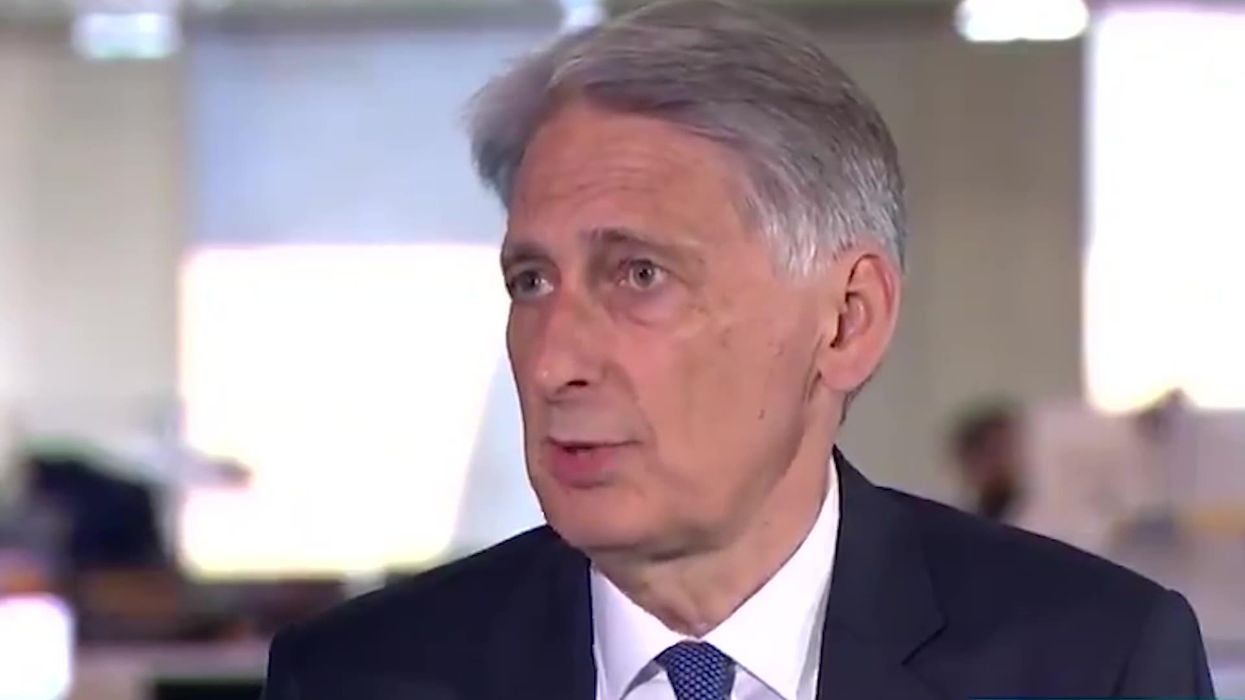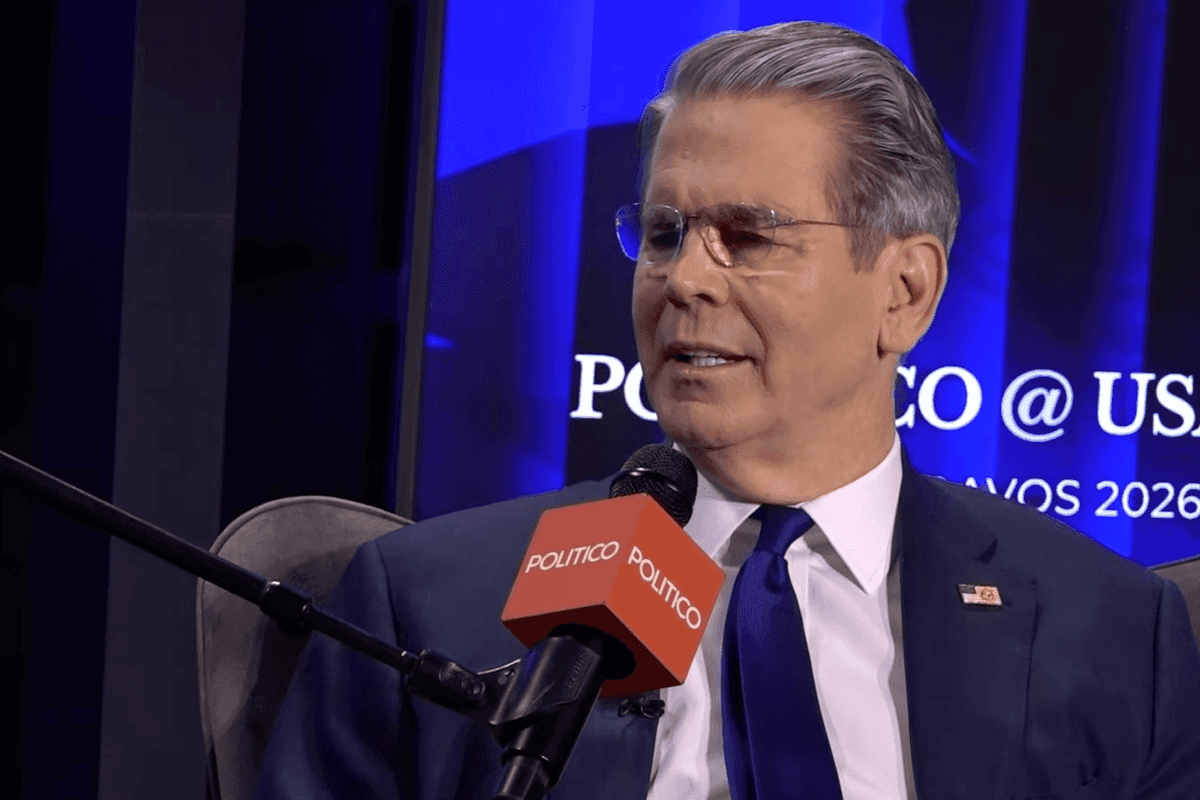Politics
Harry Fletcher
Jun 12, 2022
Philip Hammond says 'the writing is on the wall' for Boris Johnson
Bloomberg UK
He’s been dealt a blow this week, but Boris Johnson is still there after surviving a confidence vote.
Johnson kept his position at Number 10 after winning the vote by a slim margin on Monday, despite a rebellion from 41 per cent of his MPs.
It comes after 148 of Johnson’s Tory colleagues declared no confidence in their leader, which while technically a victory for the PM is far more than his camp would have been hoping for.
The result is worse than those faced by John Major, Margaret Thatcher and Theresa May in confidence votes.
Sign up to our free Indy100 weekly newsletter
Johnson could be safe for another year as another confidence vote now can’t be called until 2023.
But what do the results from historical confidence votes tell us, and how long can we expect Johnson to be in Downing Street for? Take a look at the Conservative PMs and leaders of the party to face the vote, all the way back from Margaret Thatcher in 1989 to Theresa May in 2018.
Margaret Thatcher
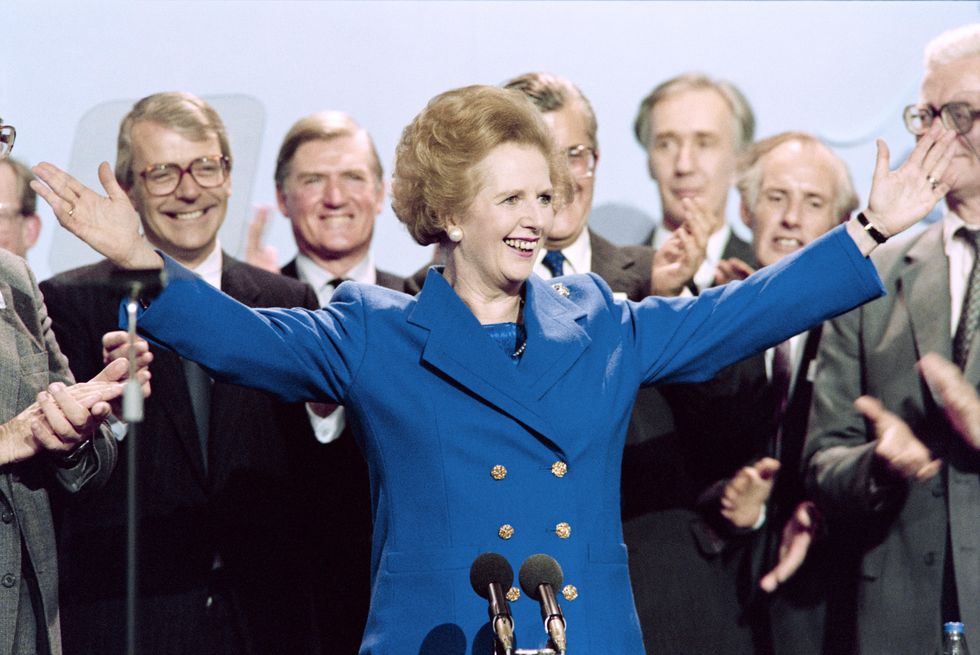
Thatcher faced the first major challenge to her leadership 10 years in to her tenure as PM in 1989, when she was challenged by Sir Anthony Meyer.
While Thatcher won with 84 per cent of the MPs vote, it indicated the beginnings of unrest among the back benchers. A year later she faced another challenge from Michael Heseltine.
Despite winning by 204 votes to 152, the rules at the time meant that the margin wasn’t enough for an outright victory.
Despite initially saying that she’d compete for a second vote, she announced her resignation two days later.
John Major
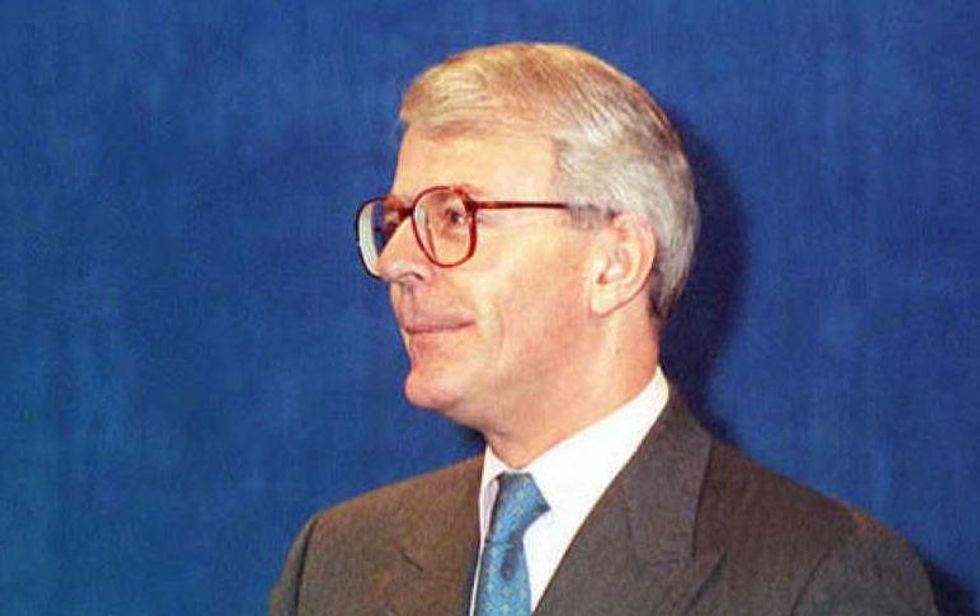
Major made the decision to trigger a leadership election after losing the support of the eurosceptic members of his party in 1995. He achieved a better result than Johnson did – with 89 MPs voting against him and 218 voting for him.
He stayed on for another two years before losing in the 1997 general election to Tony Blair.
Iain Duncan Smith
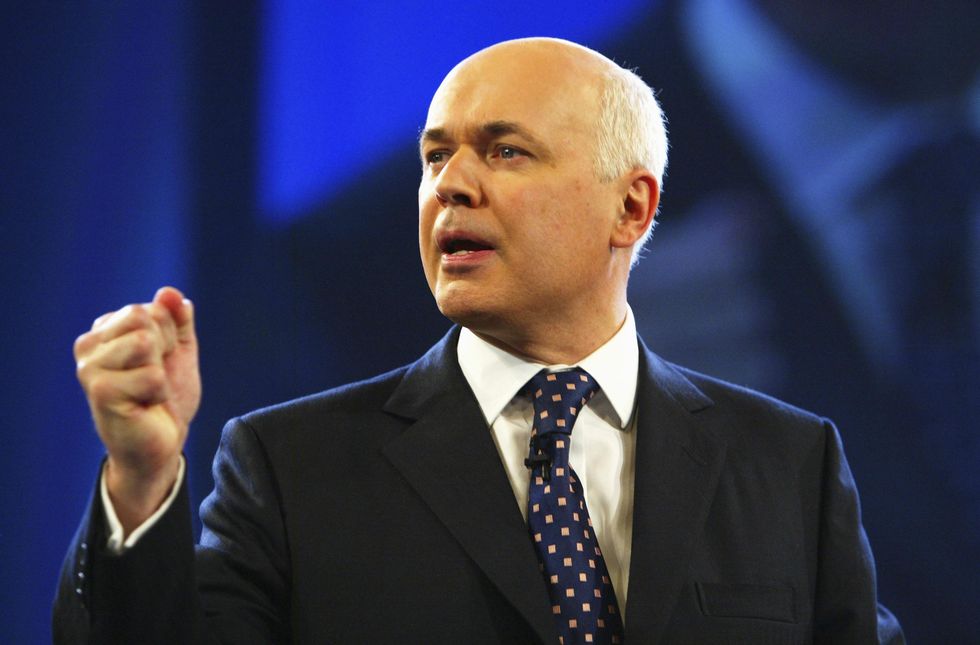
He wasn’t PM when he faced a no confidence vote, but leader of the opposition Iain Duncan Smith was losing the backing of his party back in 2003. He was due for investigation by the parliamentary watchdog over his decision to employ his wife as his diary secretary – a scandal that became known as ‘Betsygate’.
He was two years into the job, having taken over from William Hague, but he lost the vote by 90 votes to 75. It ended his time in the role, and he returned to the back benches, before becoming Secretary of State for Work and Pensions in 2010.
Theresa May
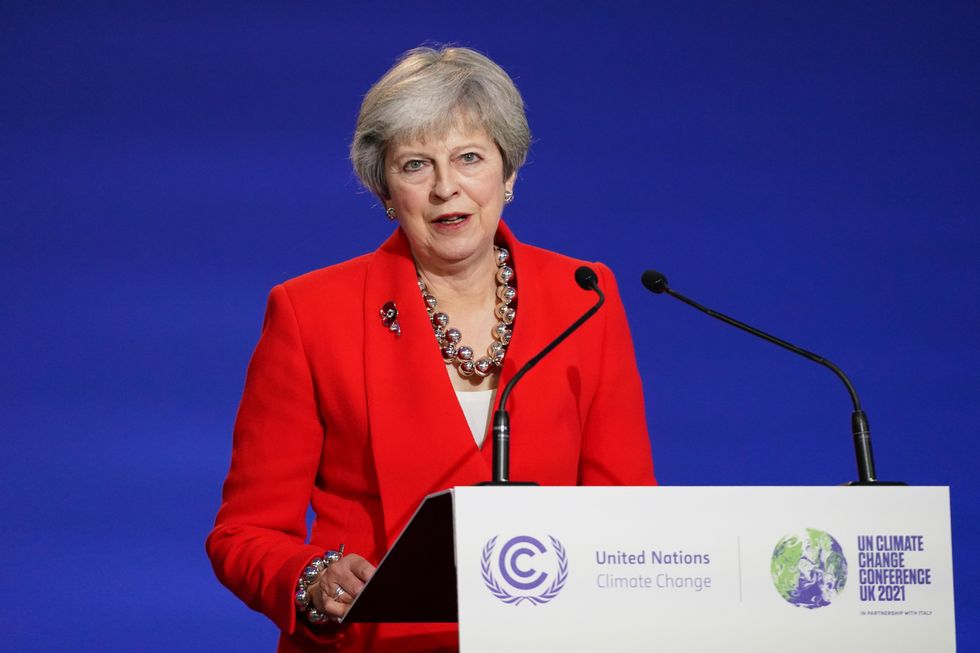
Perhaps the most relevant example of a confidence vote, which could tell us the most about Johnson’s future, was the one faced by May in December 2018.
It was triggered after her colleagues questioned her ability to deliver a Brexit deal (her deal was rejected three times by Parliament), and she went on to win the vote by 200 votes to 117 – a bigger margin than Johnson managed. She did however inform her party that she would leave her post before the next general election.
She lasted until May 2019, when the results in the European parliament election saw the Tories win three seats and the Brexit party gain 28 seats.
It shows that a victory in the confidence vote doesn't equate to safety for the minimum period of 12 months until another can be called. However, Johnson has a majority of 80 in the Commons following the 2019 elections – whereas May lost the Tory majority in the 2017 elections, so she was in a technically weaker position than the PM currently finds himself in.
Have your say in our news democracy. Click the upvote icon at the top of the page to help raise this article through the indy100 rankings.
Top 100
The Conversation (0)
